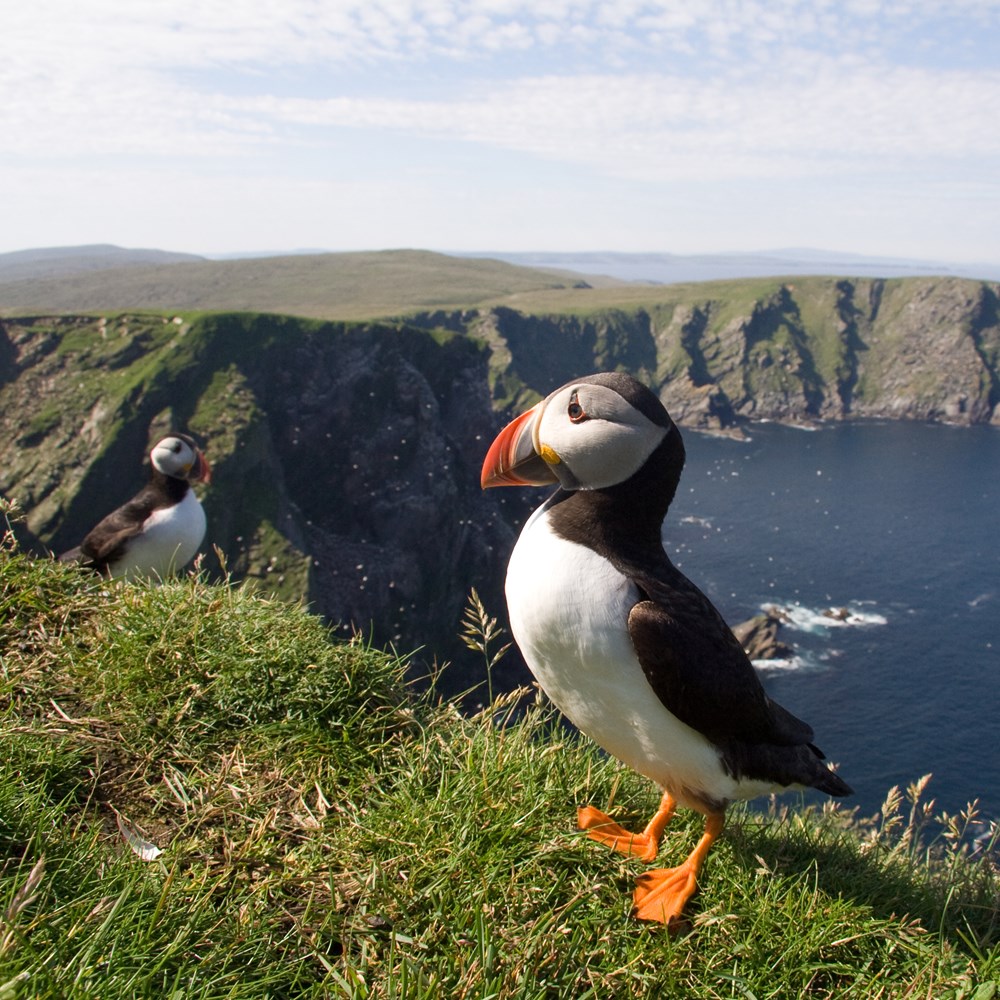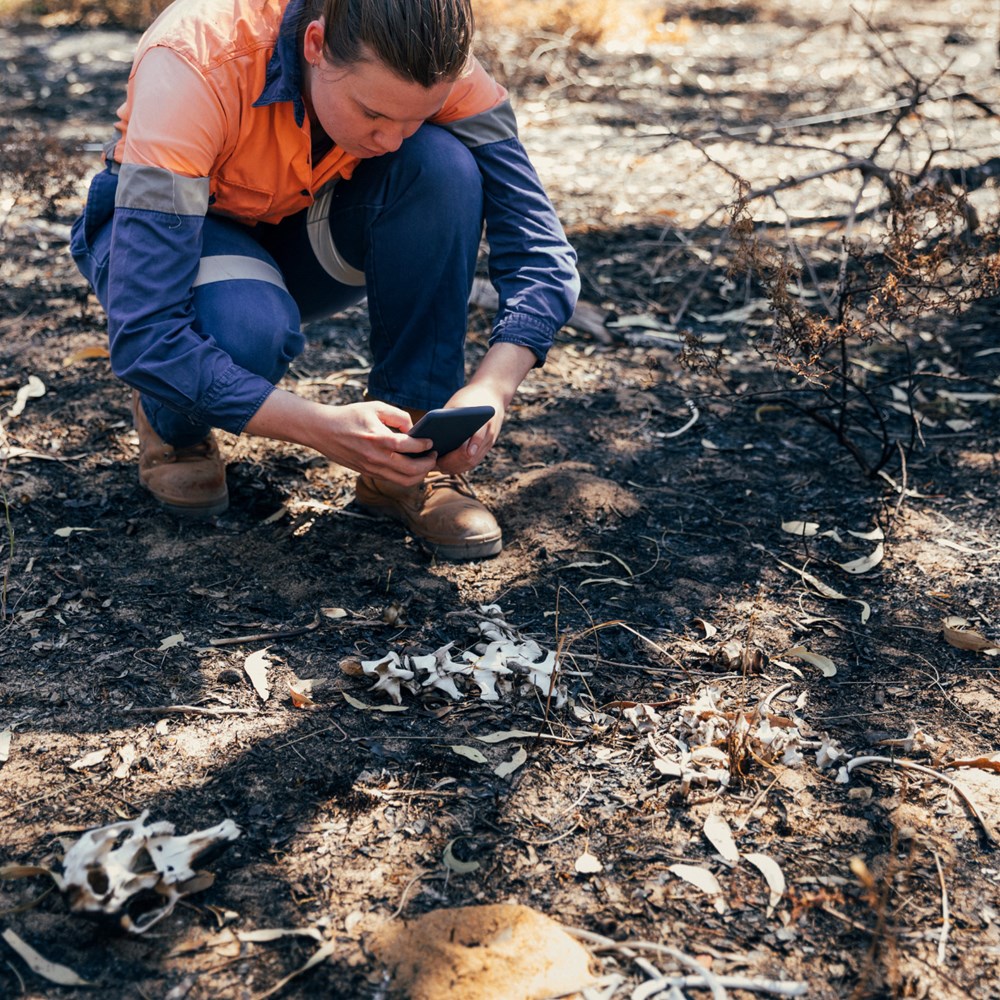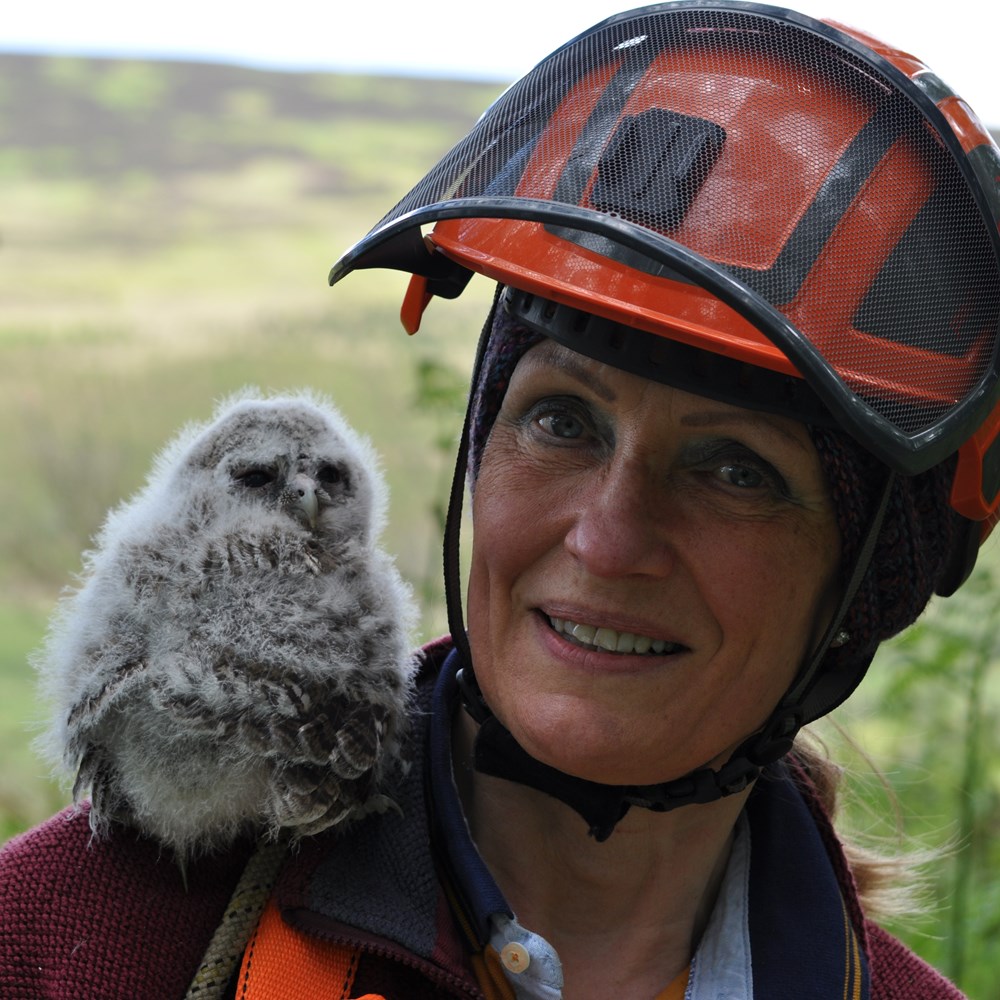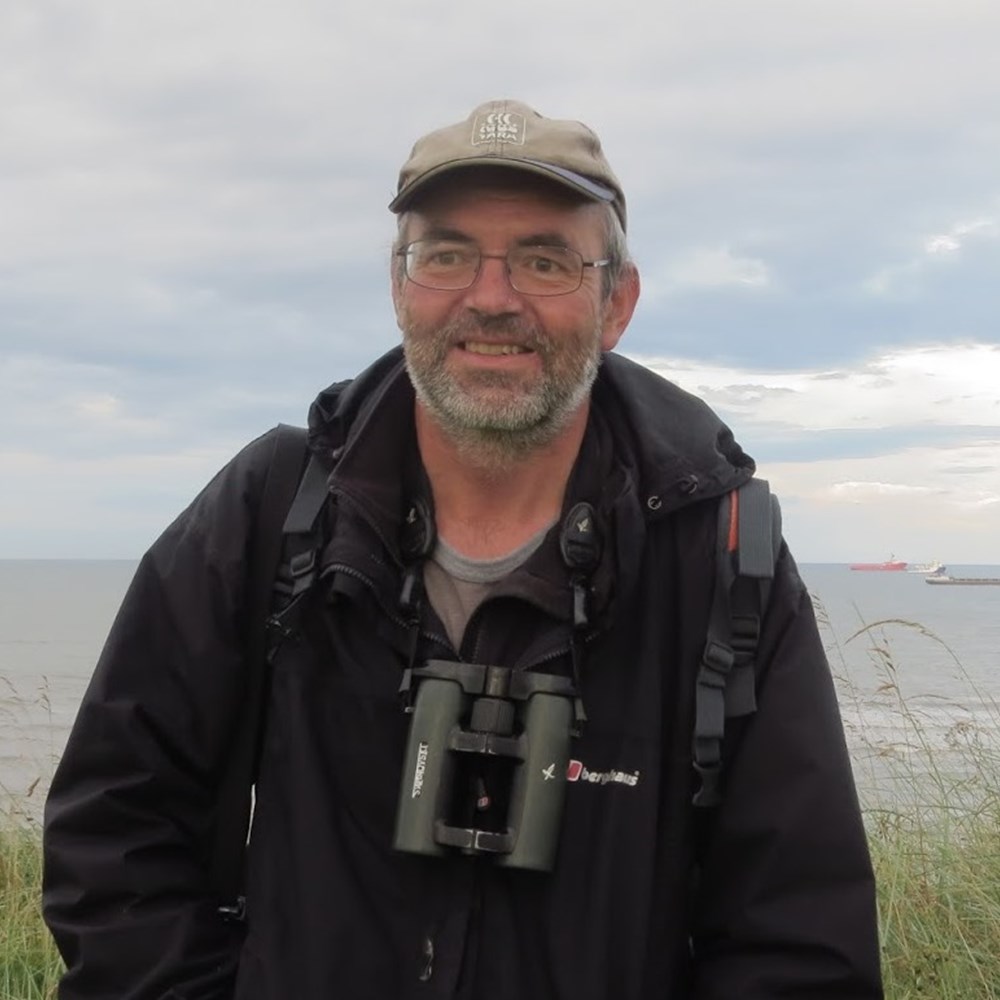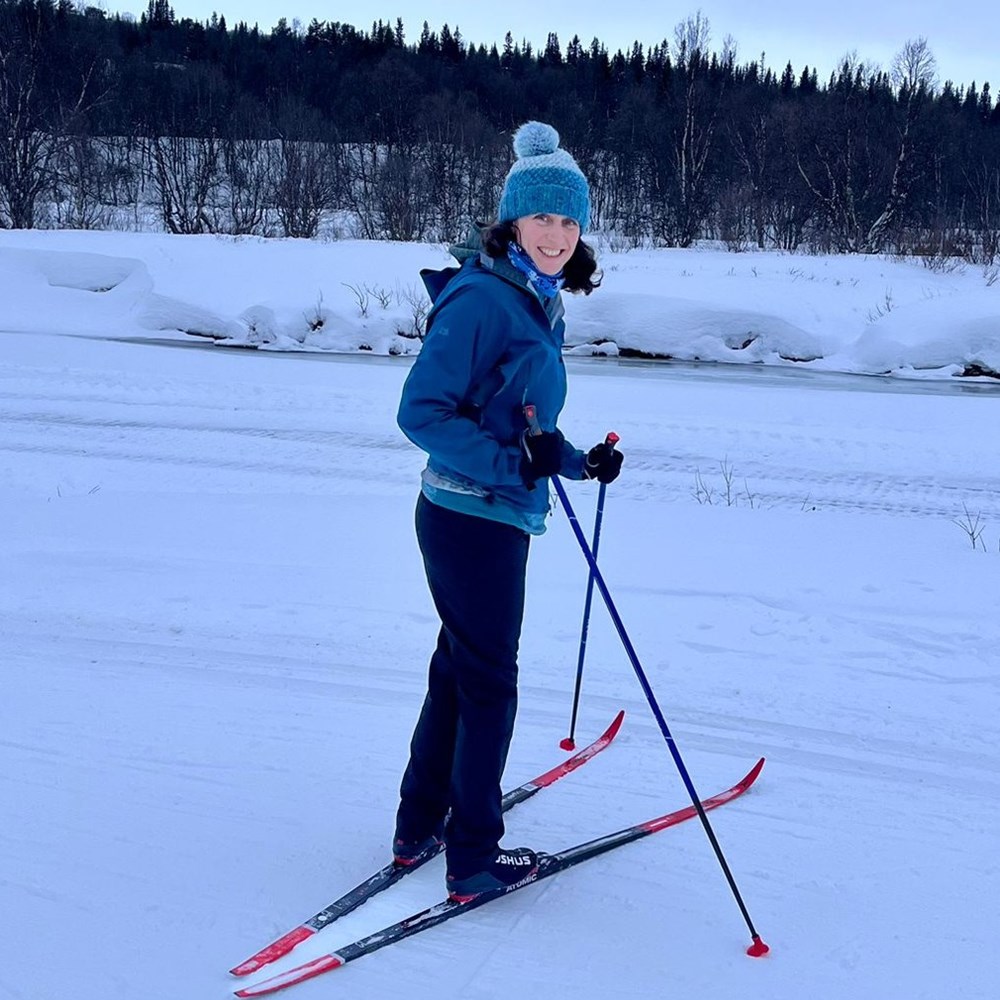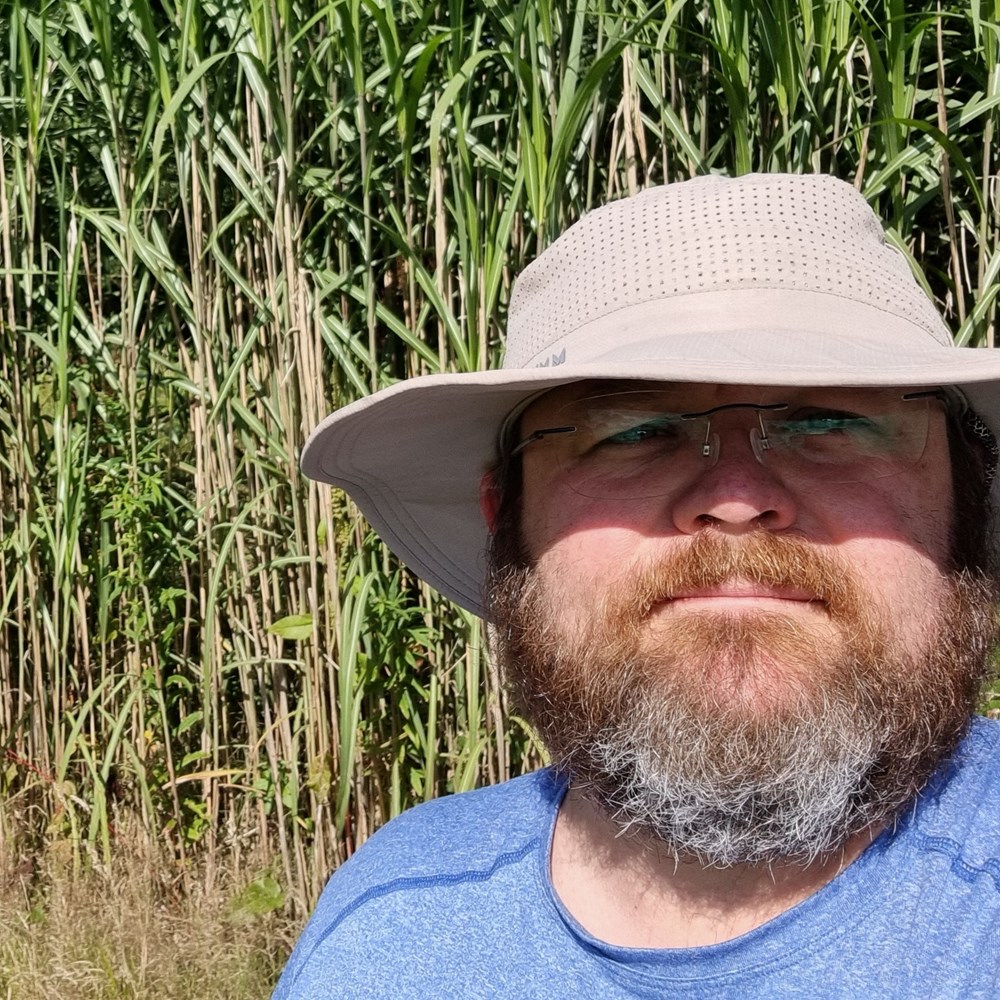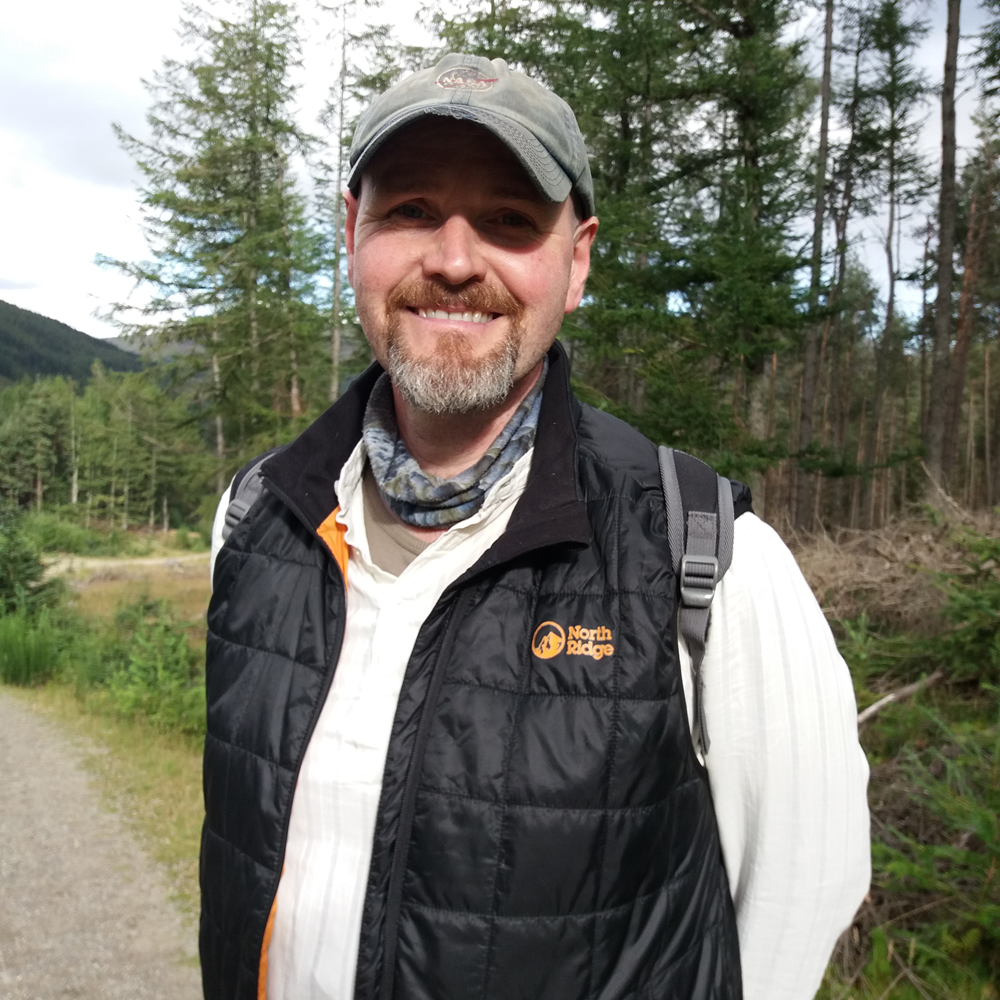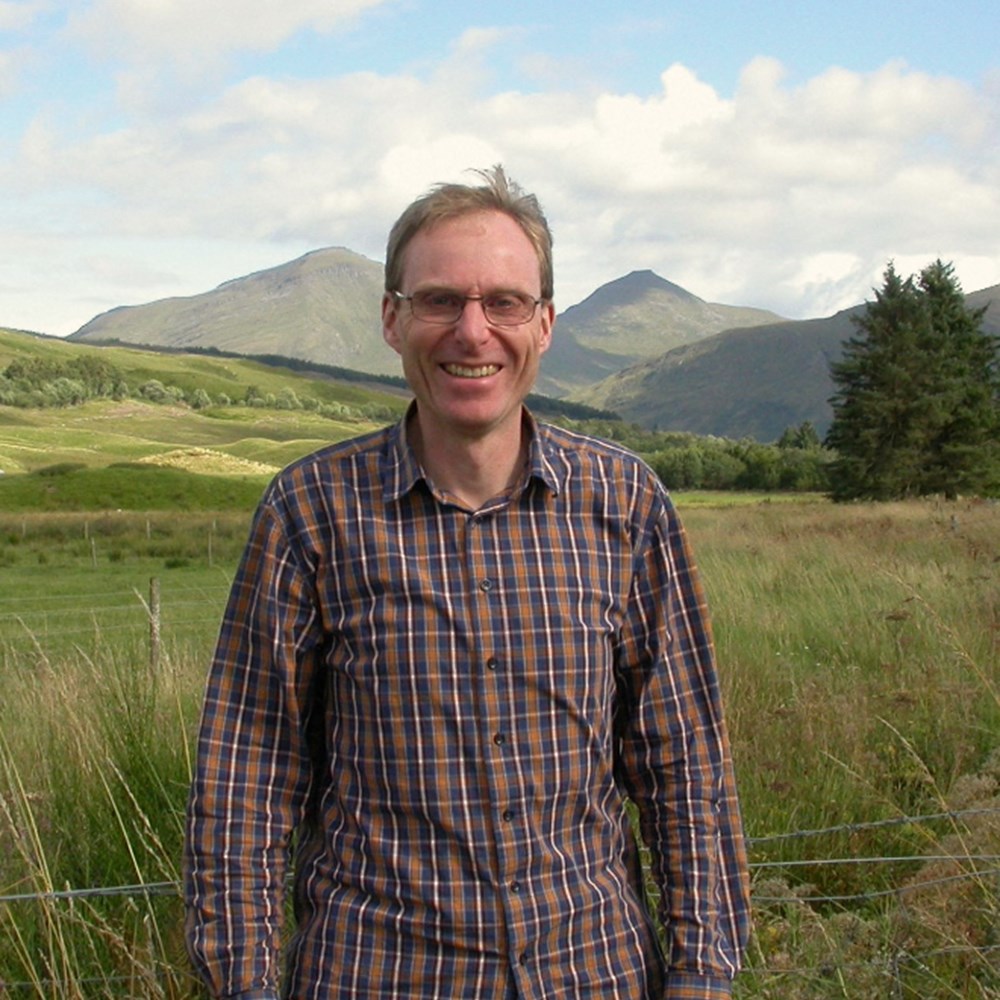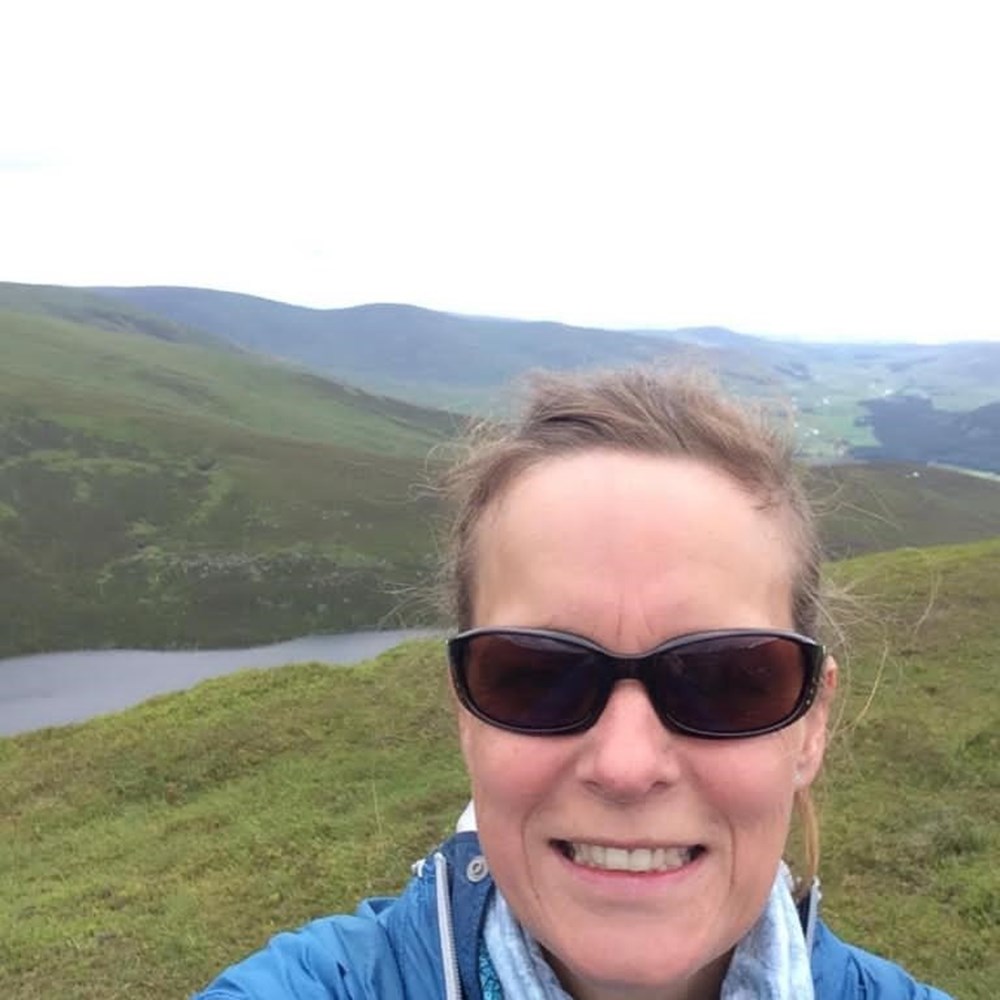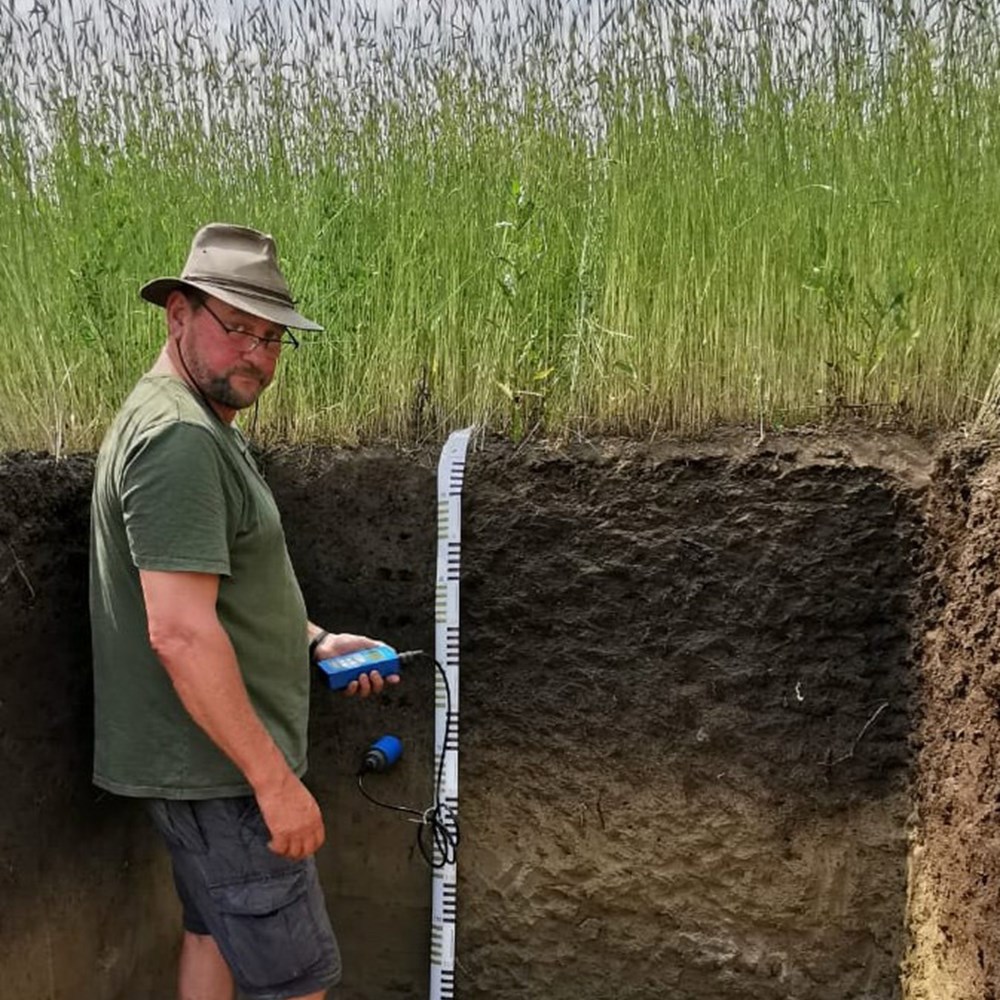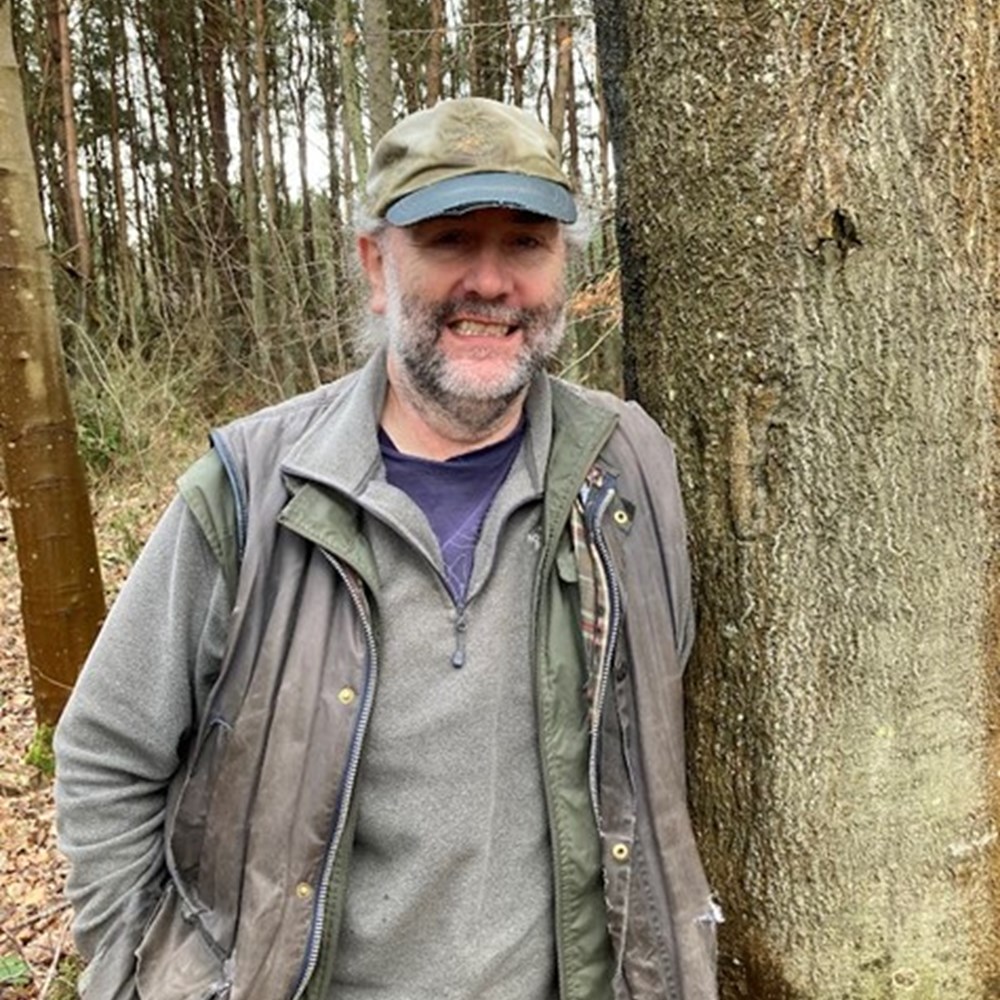
Threats to our wildlife and their habitats range from climate change through developments in agriculture and forestry to recreation, urban development, and population growth. Conservation managers face multiple challenges in addressing these factors. This programme equips students with skills and understanding relating to topics ranging from ecological surveying to rural land use planning and interpretation to application of advancing technologies.
Course delivery is through live online lectures on weekday evenings and self-guided materials. There are two in-person study weekends each year at venues in Scotland, which offer a great opportunity to meet fellow students and lecturers and to get out into the field. Attending these is optional though is much encouraged.
Applications are accepted from those with an honours degree. Students come from diverse backgrounds and have included graduates in Education, Business Management and History as well as in natural sciences. Exceptionally, non-graduate applicants with substantial relevant experience may be considered. MSc/PgDip/PgCert Wildlife and Conservation Management is delivered by SRUC and validated by the University of Glasgow. In 2025, the course won the prestigious award of Higher Education Programme of the Year, presented by the Chartered Institute of Ecology and Environmental Management.
MSc/PgDip/PgCert Wildlife and Conservation Management is delivered by SRUC and validated by the University of Glasgow. In 2025, the course won the prestigious award of Higher Education Programme of the Year, presented by the Chartered Institute of Ecology and Environmental Management.

